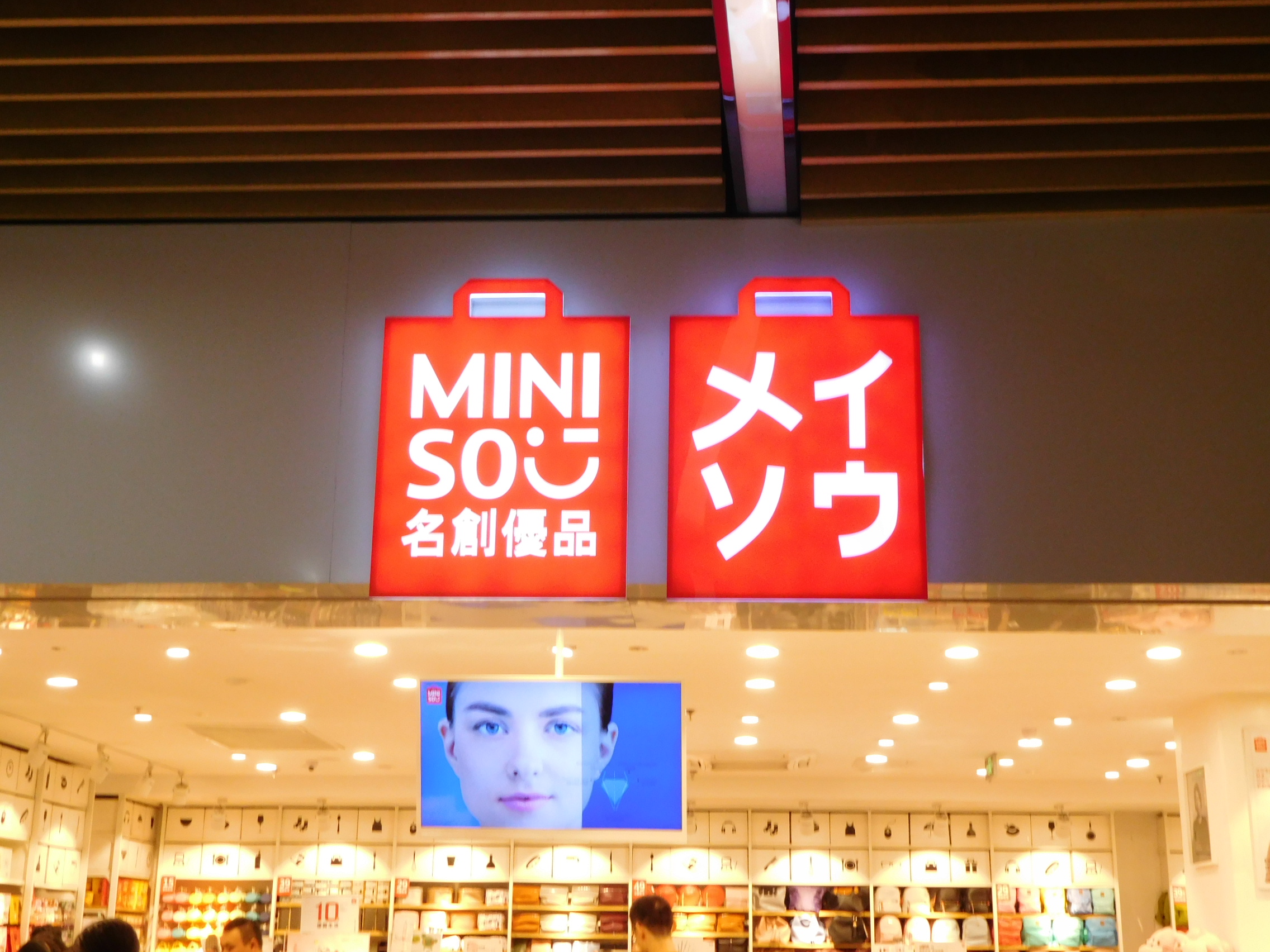On October 16, 2020, Beijing time, MiniSo was listed on the New York Stock Exchange. In the past four years, Miniso had become the favorite 2-dollar store of consumers in many markets around the world, but many people mistakenly thought that the company is from Japan.
Miniso is a 2-dollar store chain, from China.
It may be the first Chinese brand with more than 1500 stores outside China. In the early days of its startup, it marked itself as a brand from Japan, both in China and in overseas markets. Put aside the imitation of the Uniqlo Logo, plagiarism of MUJI goods. It also hinted that it was a “real Japanese brand” by describing its early co-designer Miyake Junya as a “co-founder”.
But in the years that followed, it got rid of plagiarism from Japanese brands at the commodity level. At the same time, through large-scale co-names with well-known IP such as Disney, Marvel, and Sesame Street, he washed away his former notoriety. Miniso filed its prospectus in September and listed on the New York Stock Exchange on October 16.
See Also: How does two-dollar store MiniSo from China succeed?

Miniso’s brand self-introduction in 2019 via Internet Archive 
Miniso’s brand self-introduction in 2020
It has been found that the description of its own brand on Miniso’s official website has changed on a large scale. It no longer implies that it is a Japanese brand as it did earlier, but clearly describes itself as a Chinese brand inspired by the Japanese lifestyle. Miyake Shun has also been moved from the position of the founder to the design team, replaced by Ye Guo Fu, the real founder of the company.
Miniso is not the only Chinese brand seeking to get rid of its Japanese disguise. Genki Forest, a unicorn company in the Chinese beverage market, is doing the same.
Genki Forest, a Chinese beverage company founded in 2016, is famous for producing sugar-free or low-sugar but sweet sodas. The only problem is that it widely uses the word “元気(Genki)” in Logo. If you have ever heard of Genki Sushi from Japan, you will know that this is not a Chinese word.
In its early product packaging, there were words “日本国株式会社元気森林监制”(supervised by Nihon Genki Forest Kaishia). In fact, Genki Forest, founded in Beijing by Chinese investor Tang Binsen, is a purely Chinese company.
See Also: What is Genki Forest ?
However, some Chinese media have found that Genki Forest is in the process of revising the word “元気” in its visual identity to “元气” in batches. This may seem like a small change to non-Chinese readers, but it actually means that Japanese characters will no longer be included in the company’s Logo.
Why are these Chinese brands abandoning their camouflage strategy? The reason may be that Japan no longer attracts young Chinese consumers.
The quality of China’s local goods has been improving rapidly in the past 5 years, and people are abandoning their unprovoked worship of international brands in favor of buying local brands whose prices have risen slightly but their quality has multiplied. At the same time, Chinese consumers are getting tired of the strategy of “pretending to be overseas brands”. Most of the criticism of Genki Forest on the Chinese Internet is related to this.
This makes Chinese companies that disguise themselves as Japanese brands pay for their past strategies, and they have to find ways to make consumers who once believed they are Japanese brands fall in love with them again.

评论